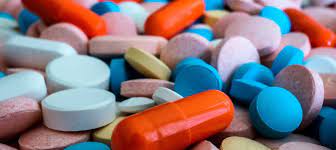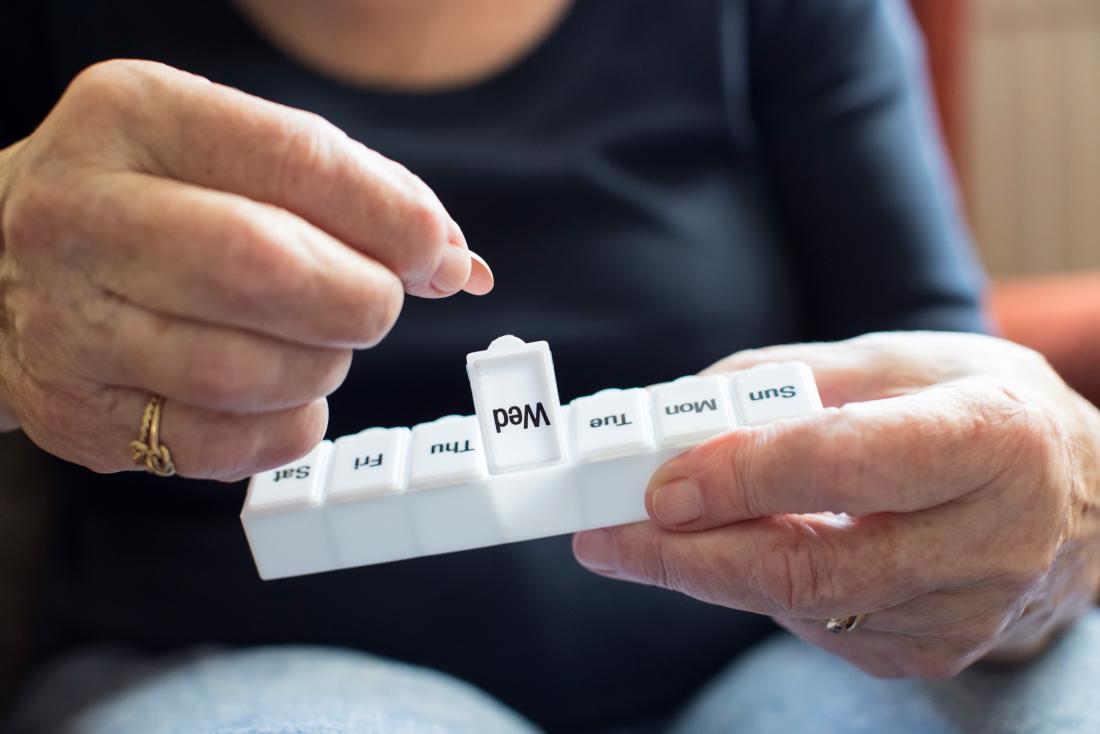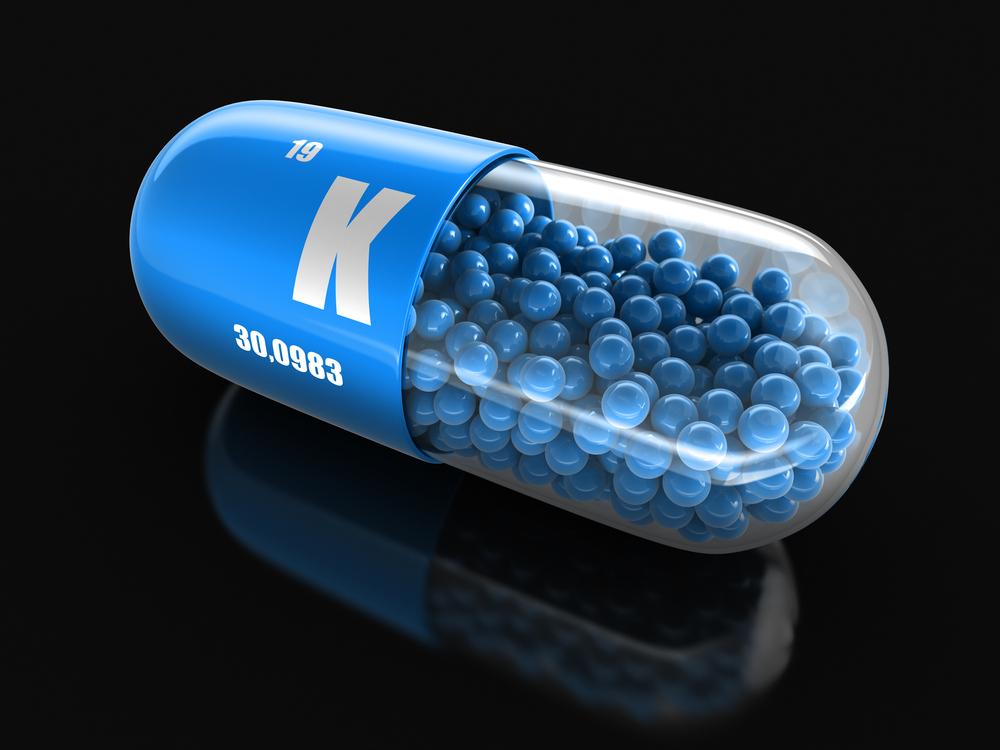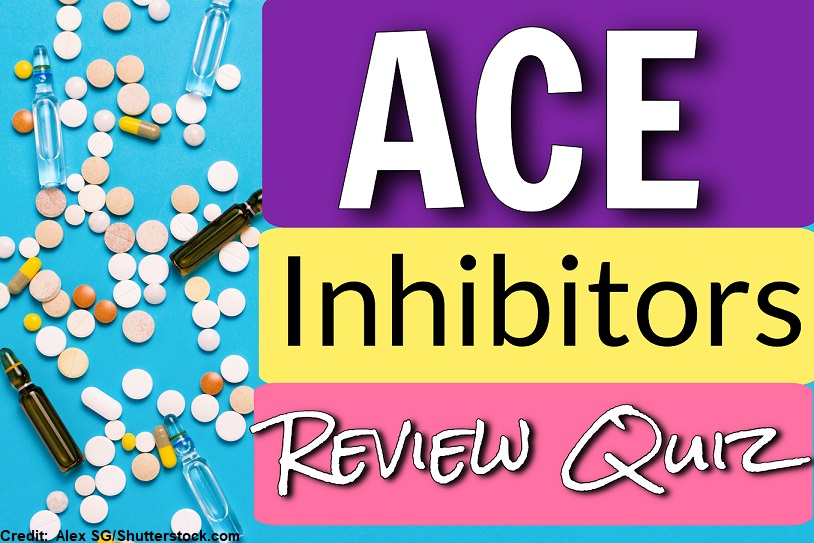Mechanism of action and side effects of ACE Inhibitors
Mechanism of action and side effects of ACE Inhibitors Mechanism of action and side effects of ACE Inhibitors Here are some common ACE inhibitors: 1. Lisinopril (Princeps): Lisinopril is an ACE inhibitor used to treat high blood pressure and congestive heart failure. It works by blocking the action of angiotensin II, a hormone that can … Read more




